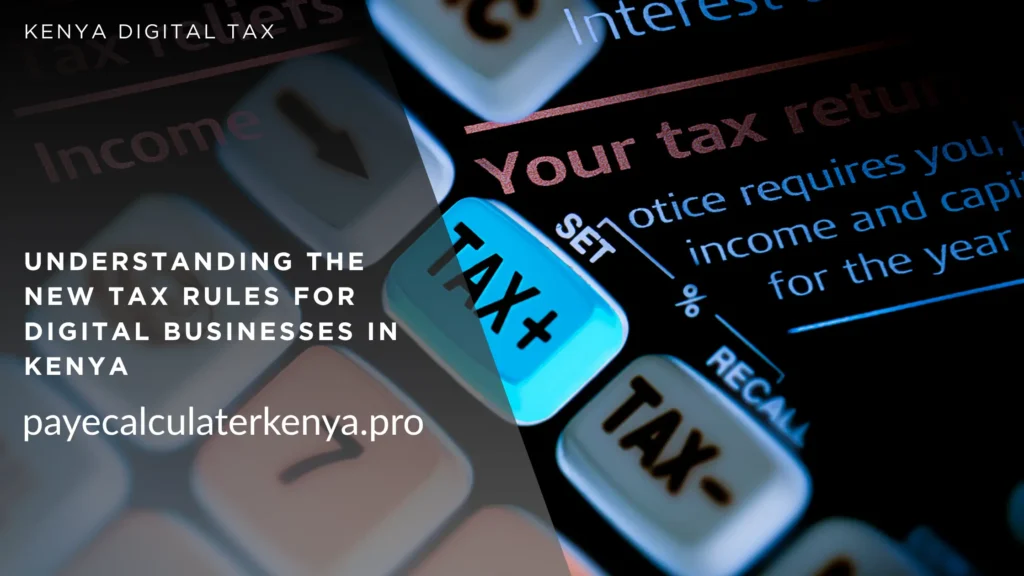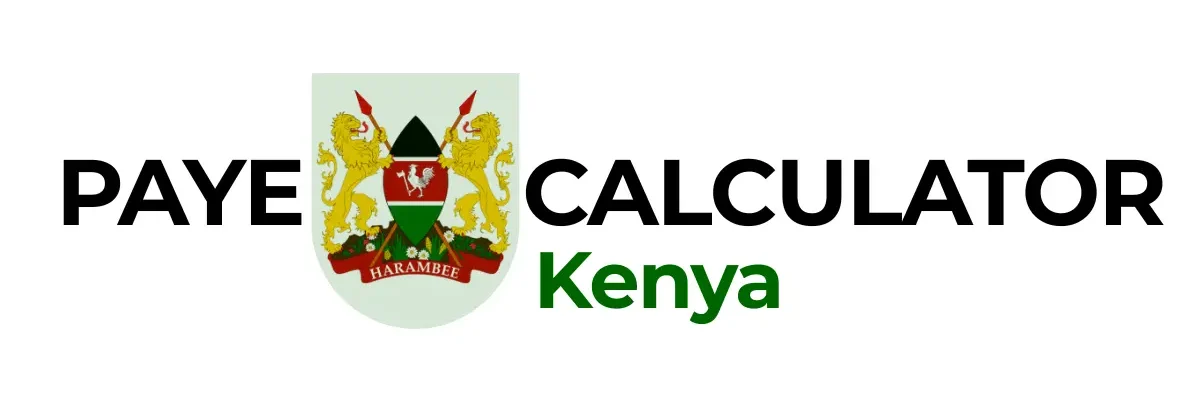Understanding the New SEP Tax Rules for Digital Businesses in Kenya
The Finance Act 2025 changes how digital businesses pay taxes in Kenya. It introduces the Significant Economic Presence (SEP) tax, replacing the 1.5% Digital Services Tax (DST). This affects online entrepreneurs, digital marketers, and small business owners running e-commerce sites, apps, or digital services. Here’s a simple guide to understand the SEP tax, who it impacts, and how to comply.

What Is the SEP Tax?
The SEP tax targets businesses earning money through digital platforms in Kenya without a physical office. It ensures these businesses contribute to Kenya’s economy. The tax aligns with global rules, like the OECD’s Pillar 2, which sets a minimum tax for multinational companies.
Who Must Pay the SEP Tax?
The SEP tax applies to non-resident companies or individuals providing digital services in Kenya. This includes:
- E-commerce platforms selling goods online.
- Digital marketplaces like apps or websites.
- Services like streaming, software, or online advertising.
Exemptions
You don’t pay SEP tax if:
- Your business has a permanent establishment, like an office, in Kenya.
- You provide certain telecommunication services.
- Your airline service is at least 45% owned by the Kenyan government.
- Your annual revenue from Kenya is less than KES 5 million.
| Business Type | SEP Tax Status |
|---|---|
| E-commerce site (no Kenyan office) | Must pay SEP tax |
| App developer (non-resident) | Must pay SEP tax |
| Business with Kenyan office | Exempt |
| Small business (< KES 5M revenue) | Exempt |
How Is the SEP Tax Calculated?
The SEP tax has two calculation methods:
- Standard Method: Take 10% of your total revenue from Kenya, then apply a 30% tax rate.
- Example: If you earn KES 50 million, 10% is KES 5 million. Tax at 30% equals KES 1.5 million.
- Simplified Method: Pay a flat 3% on your total Kenyan revenue.
- Example: For KES 50 million, 3% is KES 1.5 million.
You can choose the method that suits your business, but the simplified method is often easier for small businesses.
When Is the SEP Tax Due?
Pay the SEP tax by the 20th of the month after you earn the revenue. For example:
- Earn money in August? Pay by September 20th.
- Earn money in December? Pay by January 20th.
Why Does This Matter?
The SEP tax ensures digital businesses pay their fair share, supporting Kenya’s economy. It levels the playing field with physical businesses. Non-compliance can lead to penalties, so understanding these rules is crucial for online entrepreneurs.
Compliance Tips for Digital Businesses
- Register with KRA: Sign up with the Kenya Revenue Authority to get a tax identification number.
- Track Revenue: Keep detailed records of all income earned from Kenyan customers.
- Calculate Correctly: Use the 10% revenue and 30% tax rate or the 3% flat rate.
- Pay on Time: Submit payments by the 20th to avoid fines.
- Hire a Tax Expert: If confused, consult an accountant familiar with Kenyan tax laws.
Case Study: Kenyan E-commerce Example
Imagine you run an online store selling clothes to Kenyans from outside the country. You earn KES 20 million in 2025. Using the simplified method, you pay 3% of KES 20 million, which is KES 600,000 in SEP tax. By registering with KRA and paying by the 20th each month, you stay compliant and avoid penalties.
How It Affects You
If you’re an online entrepreneur or digital marketer, the SEP tax means you need to plan for taxes on your Kenyan earnings. Small businesses with low revenue are exempt, but larger platforms must comply. Staying informed helps you avoid surprises and keep your business running smoothly.
References
- PwC Tax Summaries – Kenya
- VATcalc – Kenya’s SEP Tax
- Kenya Revenue Authority (KRA)
